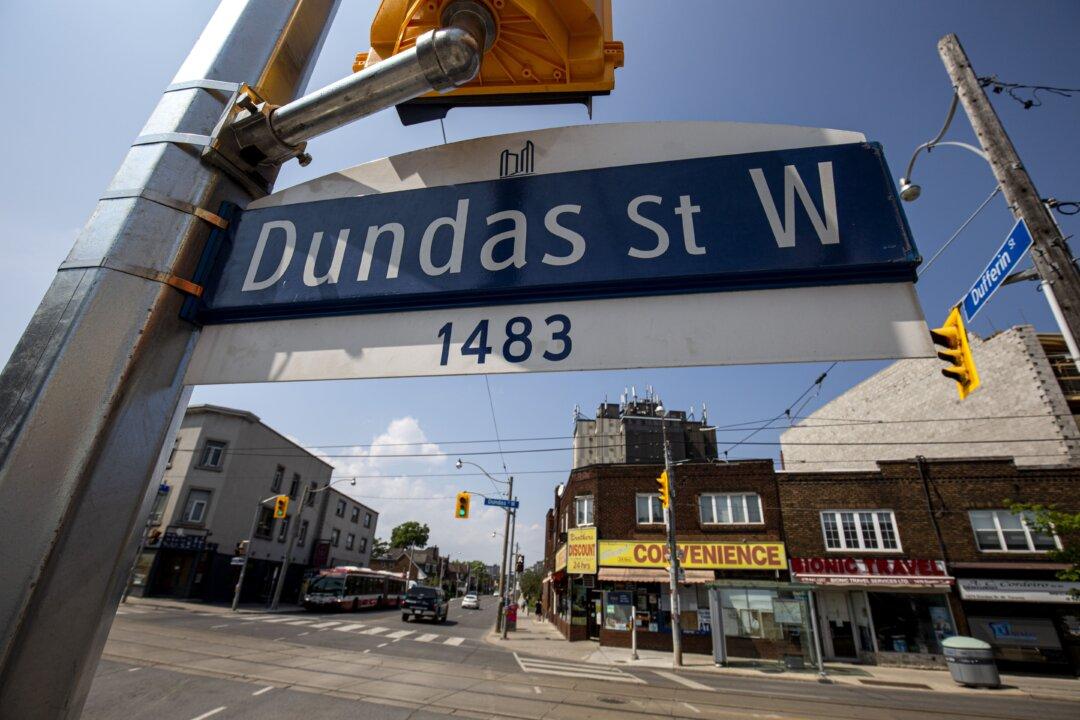Three former Toronto mayors have written a letter asking the City of Toronto to reconsider renaming Dundas Street, arguing that evidence suggests Henry Dundas, the historical namesake of the street, was a committed abolitionist of slavery during his life.
Mr. Dundas (1742–1811) was a Scottish lawyer and British politician, and the 23-kilometre stretch of street in Toronto is named after him.





